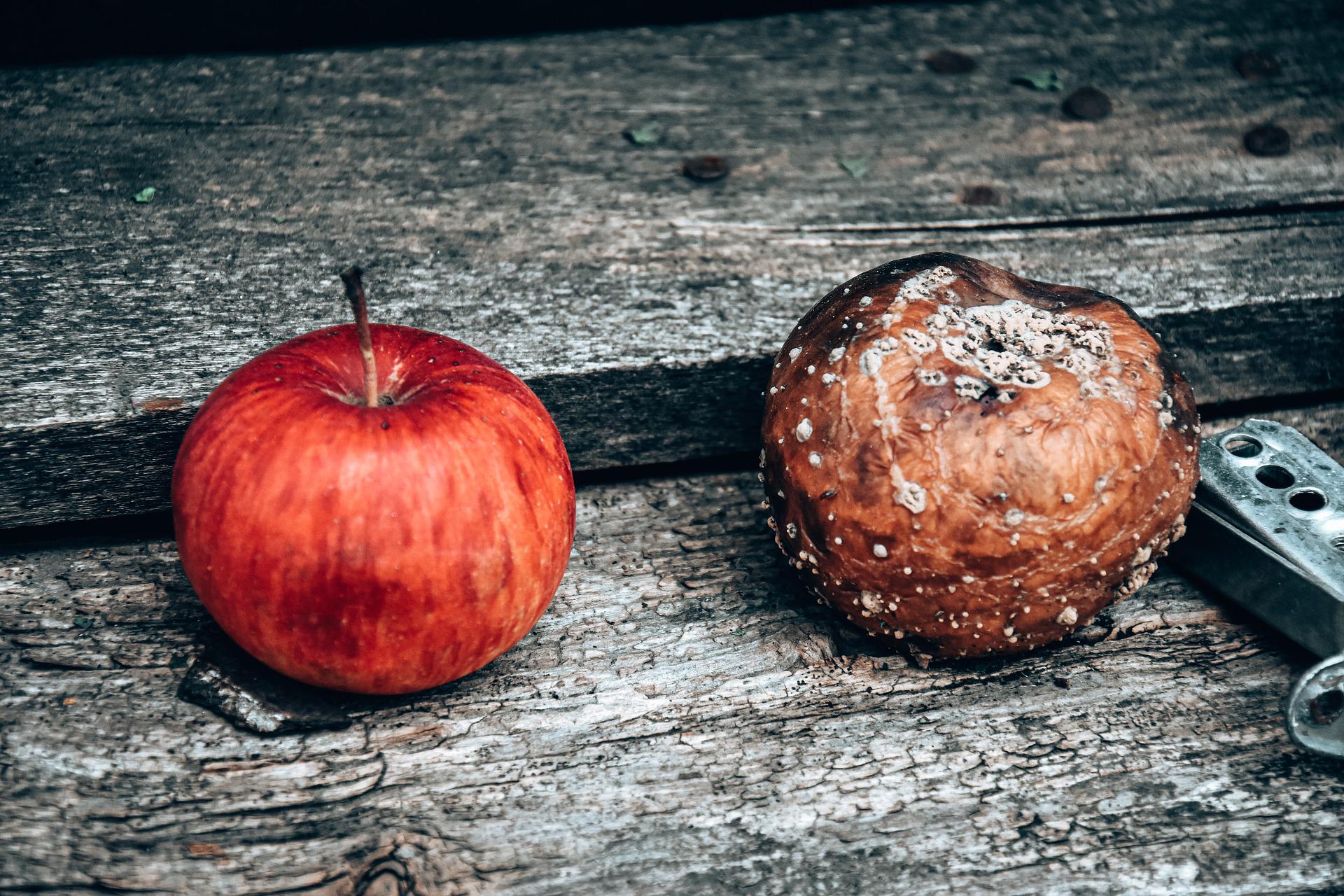Welcome back for our second episode of the Mason Institute Investigates podcast. Today’s guest is Dr Alex Mullock (Twitter: @alex_mullock), the Co-Director of the Centre for Social Ethics and Policy and Senior Lecturer in Medical Law at the University of Manchester. Dr Mullock discusses with Professor Anne-Maree Farrell (Twitter: @amfarrell101) about her research into non-fatal surgical harm caused by bad apple surgeons and the potential role of criminal law in addressing these harms.
Dr Mullock focuses on two key high-profile cases, those of breast surgeon Ian Patterson and liver transplant surgeon Simon Bramhall, to explore how consent for reasonable surgery; an otherwise usual exception under the criminal law; should be approached when determining the criminal liability of bad apple doctors, and whether the use of criminal law is appropriate for such cases.
“… we need to rethink the basis of real or valid consent in the criminal law, to have a more patient centred approach that’s more respectable of patients and demands more of the medical profession. And we also need to understand what reasonable surgery is so that when you have a surgeon for example, who is not providing informed consent but does nevertheless tell the patient just about enough to satisfy the Chatterton v Gerson standard of information in broad terms, then goes on to seriously harm a patient by either botching the surgery or performing inappropriate surgery, then I think we need to look at the consent interaction…”
Dr Alex Mullock
In their thorough analyses of bad apple doctors including Shipman, Dr Mullock and Professor Farrell discover other important dimensions underlying non-fatal surgical harm that the application of criminal law overlooks but could provide crucial insight into why bad apple doctors cause non-fatal harm.
Listen to the podcast episode on Media Hopper.
View the accompanying episode transcript (PDF)
Check out the channel of Mason Institute Investigates for other episodes.
For more information, please see the below links to further resources. Happy listening!
Written by Leyla Noury (Twitter: @dheggacad)
Links and further resources:
Dr Alex Mullock (Twitter: @alex_mullock), School of Law, University of Manchester
Centre for Social Ethics and Policy | University of Manchester
Alexandra Mullock. ‘Surgical harm, consent, and English criminal law: When should ‘bad-apple’ surgeons be prosecuted?‘ (2021) Medical Law International, Volume 21, Issue 4
Surgical Harm, Consent and English Criminal Law seminar, 24th November 2021
Credits
‘Mason Institute Investigates’ is produced and edited by the Mason Institute and made with funding from the Edinburgh Law School.
The intro song is ‘Secret to Success’ by Scott Holmes Music
The outro song is ‘Inspirational Outlook’ by Scott Holmes Music
Both are available under Attribution-NonCommercial 4.0 International Creative Commons Licence from Free Music Archive
